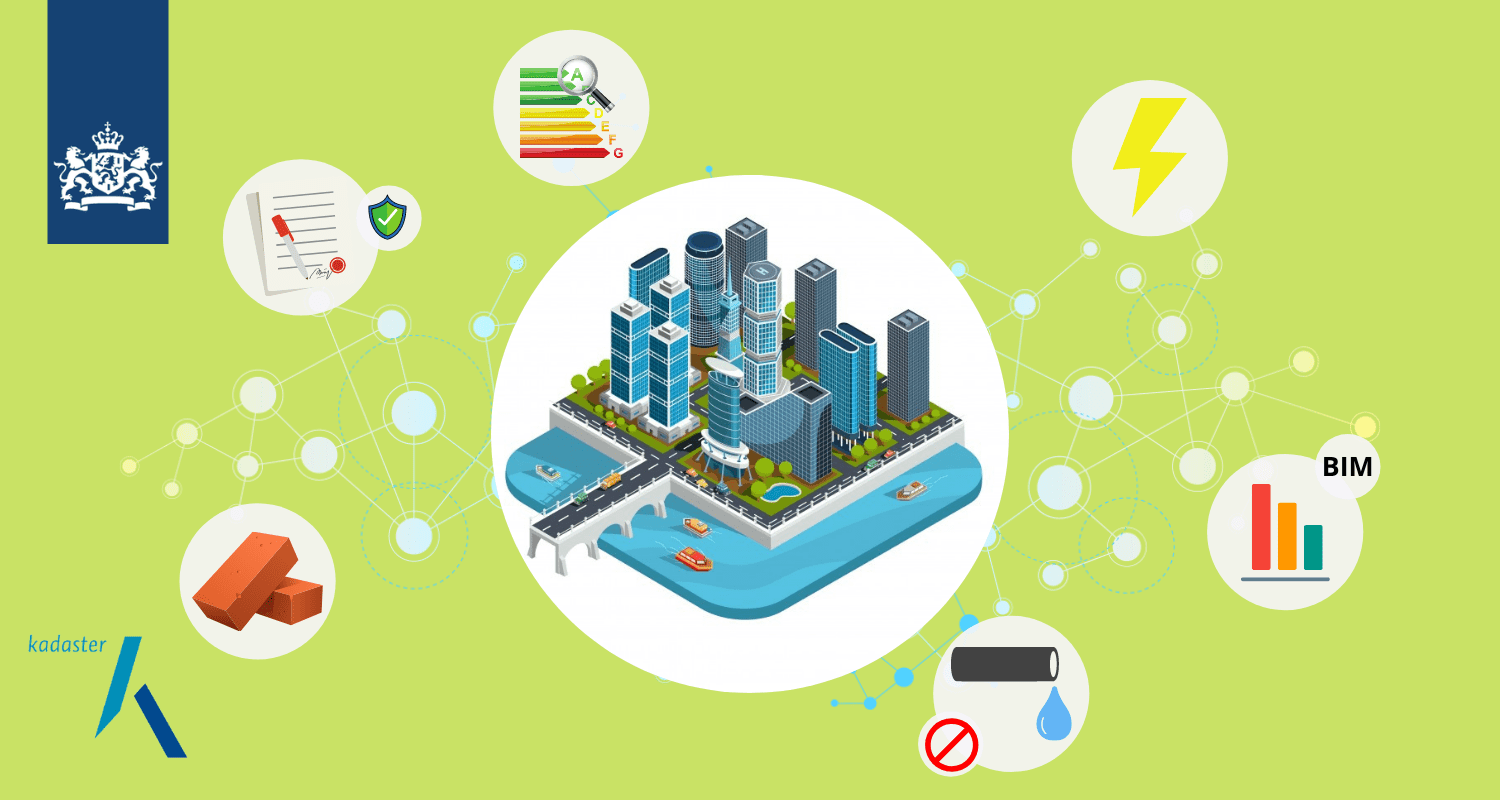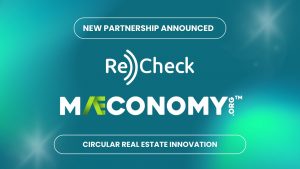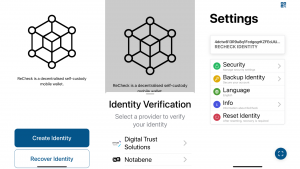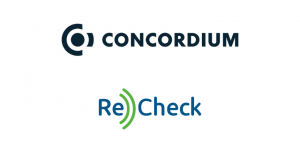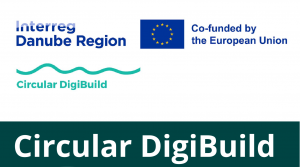ReCheck is happy to announce that the company is taking part in a project led by the Dutch Ministry of Interior and the Dutch Land Registry (Kadaster). The solution that is being developed by the team aims at making buildings more energy-efficient through implementing various renovation work.
The pilot prototype that ReCheck has developed is completely aligned with the emerging trends for sustainability and the circularity of materials and processes. The Building Renovation Passport utilises the UOI as infrastructure and it will empower homeowners and building managers to better measure and monitor the energy performance of buildings.
Background
A lot of the real estate data has not yet become completely digitized. Building data and data related to real estate transactions are still very much fragmented or incomplete. All that led to a joint initiative between the Dutch Government and the Foundation for International Blockchain and Real Estate Expertise that resulted in the creation of the UOI.
The new concept allows for unstructured information to be linked in a structured and standardized way to particular buildings or to specific parts of buildings. It provides verifiable digital evidence of all interactions with the files related to the building.
The Building Renovation Passport
Utilizing the UOI infrastructure, ReCheck has developed the Building Renovation Passport to enable homeowners and builders to shift to more energy-efficient premises. As part of the project led by the Dutch Ministry of Interior and the Dutch Kadaster, there is also a great focus on the exploitation of solar panels.
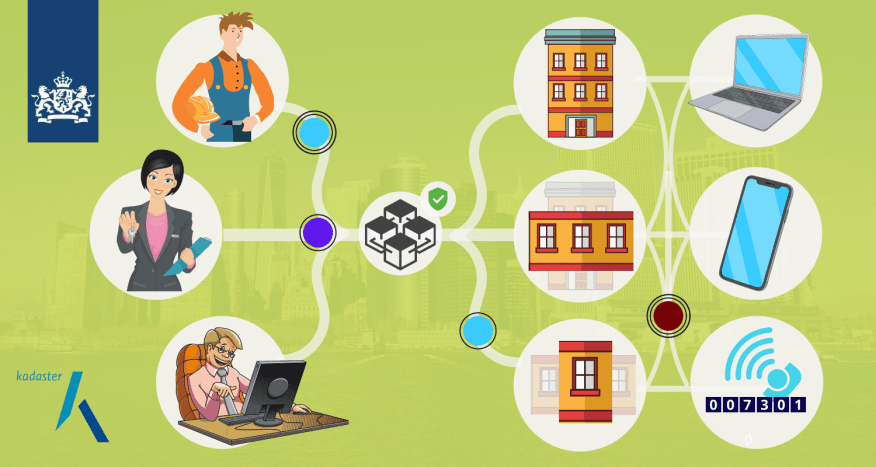
The Building Renovation Passport is basically a digital dossier that allows for relevant parties to have authorized access to real estate information. In particular, it may be a homeowner who is renovating their home to make it more energy-efficient, and they are installing solar panels. Records of such building renovation projects will be directly recorded and stored in the Building Renovation Passport.
In that case, future homeowners/renters and building owners have a complete trail of transactions related to the building or different parts of it. And as the EU Green Deal is building its solid case to shift to the energy-neutral digital economy, it is becoming of critical importance that real estate developers and homeowners have the proper tools to measure, monitor and improve the energy efficiency of their properties.

